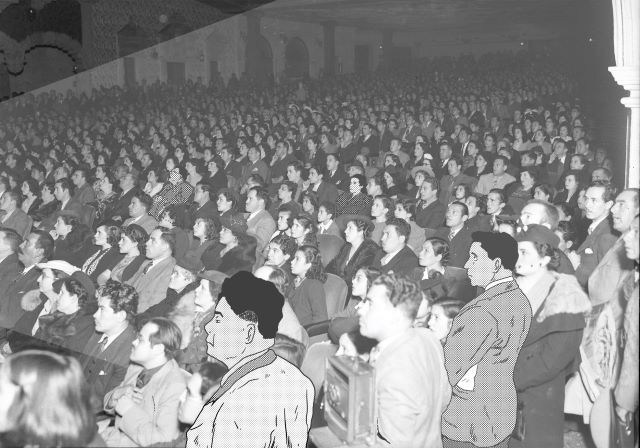Censorship and Diplomacy: The Controversial Soviet Film Season in Mexican Cinema
Explore the history of Mexican cinema censorship and its relationship with Soviet films. Discover the controversy surrounding the Soviet film season at the Imperial Cinema and the Mexican government's efforts to control the movie industry in the early 20th century.





